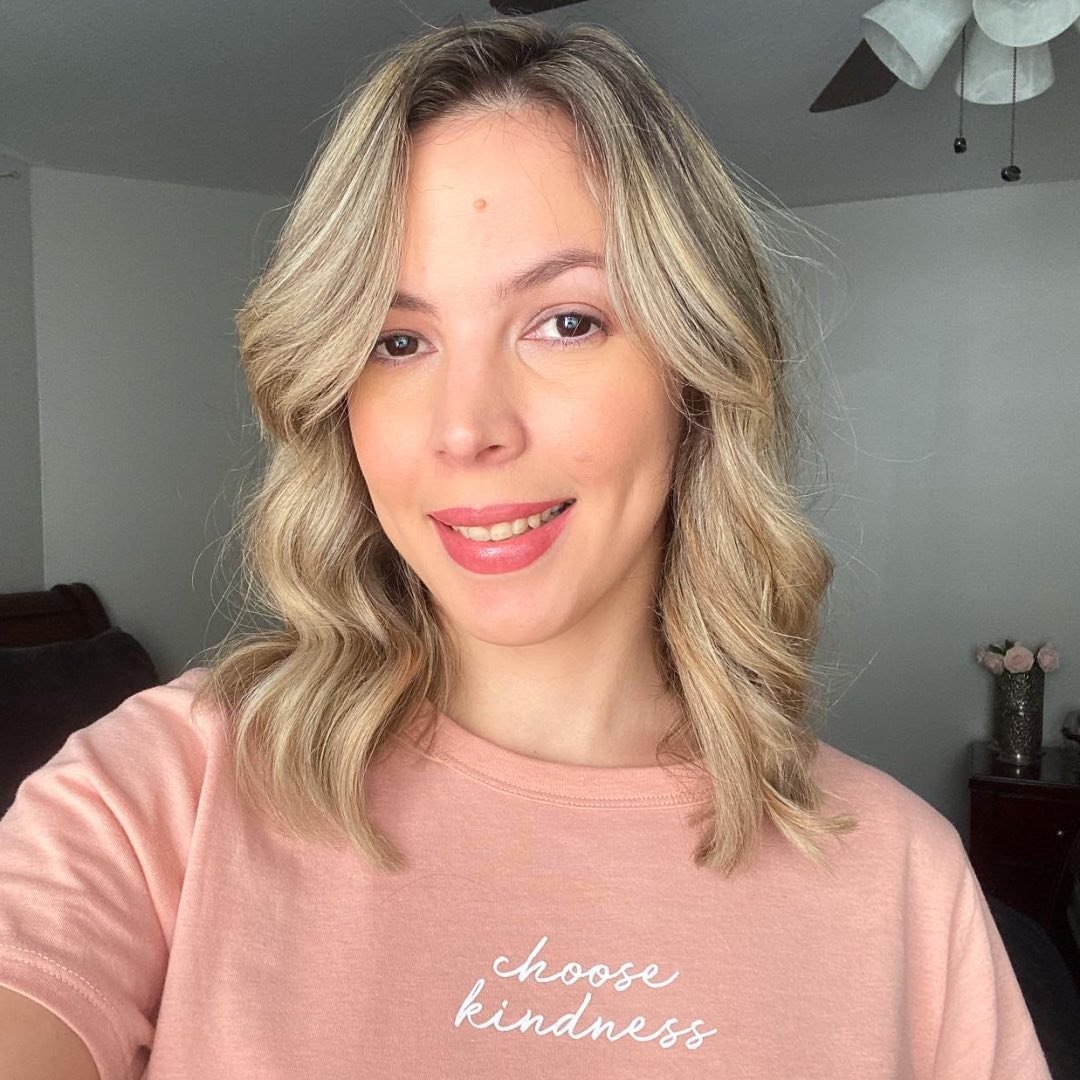Who is a journalist? It is a hard question to answer. Everyone can be a journalist when it comes to gathering information and sharing news. Years ago, we could say that what differentiates it is a bachelor’s degree, which in some places is not required anymore to practice the profession. So, how could we define it?
 |
| Credit: Pixabay |
The first thing I learned when I was in college, is that a journalist must be impartial do no matter what he has to cover or write about. He should always be objective regardless of his biases and beliefs. Now, I just learned a new meaning of objectivity. It is not about a person being objective, but the method used to precisely collect and test information. And this makes way more sense since we cannot disassociate ourselves from our background and experiences.
Learning that made me realize that one of our main qualifications, besides writing techniques, is to be able to examine our own biases, be conscious of what we believe, and manage it, keeping them in or out of a story when they are inappropriate.
And his connects with the most relevant purpose of journalism, in my opinion, which is to serve the public interest. As Bill Kovach and Tom Rosenstiel say in The Elements of Journalism, is “the function news plays in the lives of people.” It is part of our role to choose which stories to cover, how to cover them, and also think of how they affect everyone's lives. After all, people can use the report to make decisions about their lives, communities, and societies. This decision-making, which is based on our biases, changes everything.
Truth is the key
Speaking of responsibilities, telling the truth about facts is the first one. And to achieve that, we need to use our objectivity: find reliable sources, verify information, and make sure it is accurate and transparent for the audience. It is a commitment to citizens. This compromise also includes offering a voice to the voiceless and representing varied viewpoints and interests in society.
One interesting point that I would highlight is the concentric sources of information. It emphasized the importance of verifying sources and classifying them according to their different levels.To sum up, we can define a journalist by the purpose of his work and by the methods used to check and produce a “functional truth”. I agree with the authors when they say that journalists no longer decide what the public should or should not know. Now, their main role is “to verify the information the consumer already has or is likely to find and then help them make sense of what it means and how they might use it.”
In the same way that journalists have to be responsible for the content they create and share, people also need to be aware of the kind of information they consume, make their minds, and decide for themselves why they should believe it or not. That is why media literacy is essential.
References:
Leslie, Gregg 2009, Who is a "journalist"?, Reporters Committee for Freedom Press, accessed 03 February 2022, <https://www.rcfp.org/journals/the-news-media-and-the-law-fall-2009/who-journalist/>.
American Press Institute, Journalism Essentials, accessed 03 February 2022, <https://www.americanpressinstitute.org/journalism-essentials/>
*This article was submitted as a memo assignment for the course "Current Issues of Journalism" at the University of Illinois.
About Manu Ferreira
Hi, my name is Manu Ferreira. I am multimedia producer. I hold a bachelor's degree in Social Communication - Radio, TV, and Internet, and a Master's degree in Journalism. Here, I want to share my ideas and some of the work I've done in my career.











0 Comments:
Post a Comment